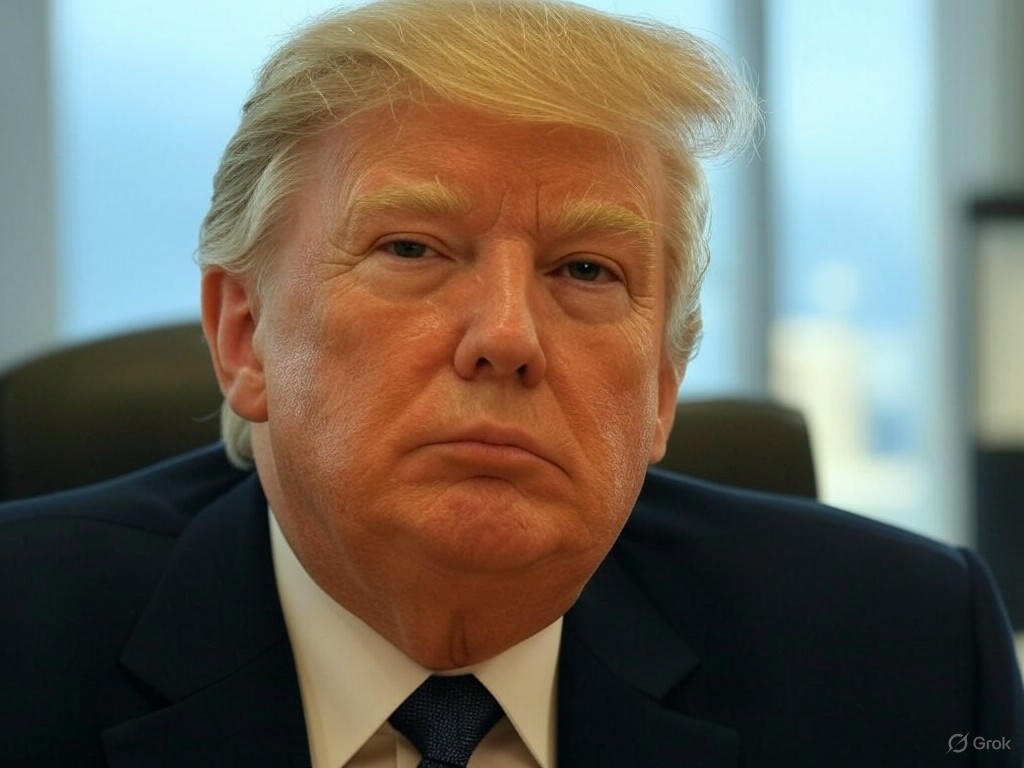In a turbulent economic landscape, the policies championed by former President Donald Trump are casting long shadows over the United States’ financial stability. As the nation grapples with mounting deficits and an uncertain global standing, concerns are rising that the dollar, long a symbol of economic might, could be losing its iron grip as the world’s reserve currency. Investors, both domestic and international, are increasingly wary of the direction in which the country is heading, with many pointing to Trump’s economic strategies as a source of instability.
At the heart of the issue lies a series of policy decisions that critics argue prioritize short-term gains over long-term fiscal health. Aggressive tariffs, unpredictable trade negotiations, and a reluctance to address ballooning national debt have created a storm of uncertainty. These measures, while aimed at bolstering domestic industries, have instead rattled markets and strained relationships with key trading partners. The result is a growing hesitance among investors to pour capital into U.S. markets, with some redirecting funds to more stable economies in Europe and Asia. This shift not only undermines confidence in American economic leadership but also places immense pressure on the dollar’s value. A weaker dollar, in turn, makes it costlier for the U.S. to finance its deficits, as borrowing on the international stage becomes more expensive.
The implications of this trend are far-reaching. Historically, the dollar’s dominance has allowed the United States to borrow at favorable rates, sustaining its ambitious spending programs and military endeavors. However, as faith in the currency wavers, the cost of servicing the national debt could skyrocket, potentially triggering a vicious cycle of economic slowdown. Financial analysts warn that if foreign investors continue to pull back, the Federal Reserve may be forced to step in with drastic measures, such as hiking interest rates, which could further dampen growth. Meanwhile, alternative currencies like the euro and the Chinese yuan are gaining traction in global trade, challenging the dollar’s once-unassailable position.
Beyond the numbers, there’s a palpable sense of unease among business leaders and policymakers. Many fear that the current trajectory could erode the United States’ ability to influence global economic policies, diminishing its role as a financial superpower. While some of Trump’s supporters argue that his policies are a necessary disruption to a flawed system, the immediate fallout is hard to ignore. Stock market volatility, declining foreign investment, and a depreciating dollar paint a picture of an economy at a crossroads.
As the world watches, the stakes couldn’t be higher. The United States must navigate this precarious moment with a delicate balance of reform and reassurance. Restoring investor trust will require not just bold rhetoric but tangible steps toward fiscal responsibility and international cooperation. Without such efforts, the dollar’s reign as the bedrock of global finance may face an unprecedented test, with consequences that could reshape the economic order for decades to come.
